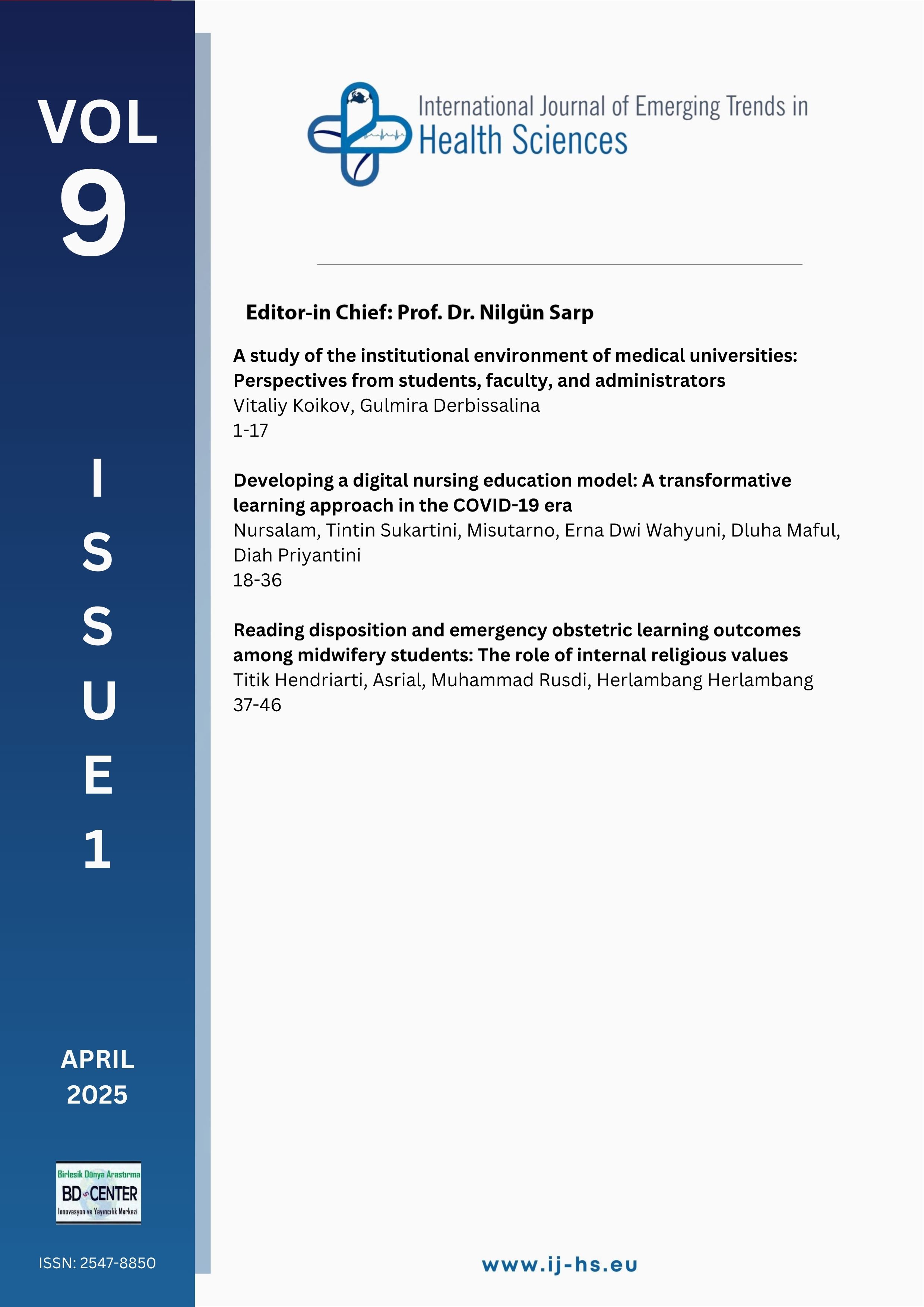Developing a digital nursing education model: A transformative learning approach in the COVID-19 era
Main Article Content
Abstract
This study explores the acceleration of a Nursing Clinical Education Model based on Preceptorship Learning Theory, focusing on learning outcomes, continuing nursing education, and nursing skills in response to the challenges posed by the COVID-19 era. The pandemic has necessitated unprecedented adjustments to nursing education, particularly in clinical practice, as students must meet competency standards in an evolving healthcare landscape. Clinical educators play a crucial role in developing flexible, safe, and effective models of care education. This research employs a mixed-methods explanatory design, comprising three stages: a cross-sectional study to identify factors influencing learning outcomes, nursing skills, and digitalized transformative learning; qualitative research to develop a model framework; and the creation of training modules. The study surveyed 2,500 respondents, with data analyzed using SEM-PLS. Results indicate that clinical education using the preceptorship model is significantly influenced by factors such as organizational characteristics, the individual traits of clinical educators and students, job characteristics, and available learning facilities. The study highlights the need for critical care systems to adapt to the COVID-19 pandemic by modifying existing processes to ensure optimal care delivery, professional satisfaction, and competency achievement.
Keyword: Clinical education; COVID-19; nursing education; preceptorship; transformative learning
Downloads
Article Details

This work is licensed under a Creative Commons Attribution-NonCommercial-NoDerivatives 4.0 International License.
Authors who publish with this journal agree to the following terms:
- Authors retain copyright and grant the journal right of first publication with the work simultaneously licensed under a Creative Commons Attribution License that allows others to share the work with an acknowledgement of the work's authorship and initial publication in this journal.
- Authors are able to enter into separate, additional contractual arrangements for the non-exclusive distribution of the journal's published version of the work (e.g., post it to an institutional repository or publish it in a book), with an acknowledgement of its initial publication in this journal.
- Authors are permitted and encouraged to post their work online (e.g., in institutional repositories or on their website) prior to and during the submission process, as it can lead to productive exchanges, as well as earlier and greater citation of published work (See The Effect of Open Access).
